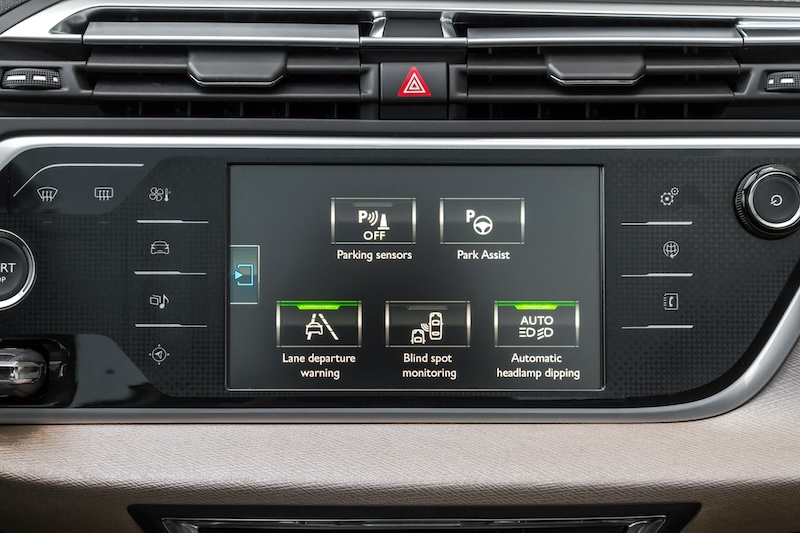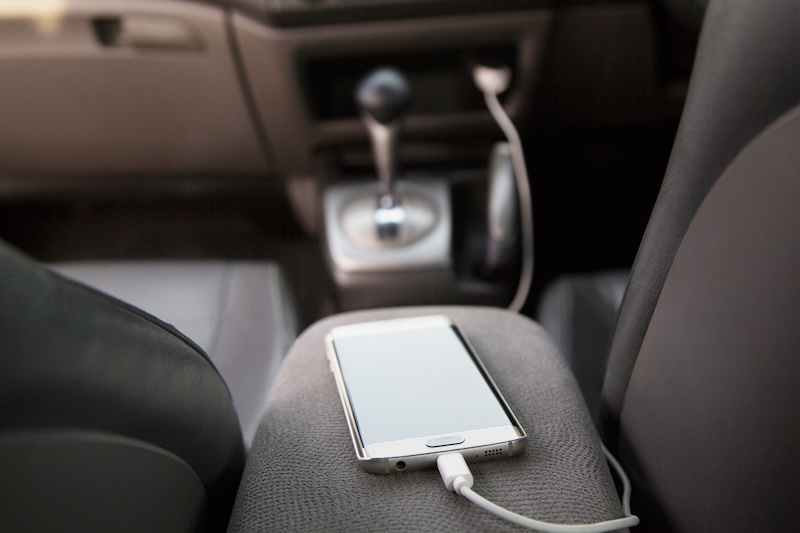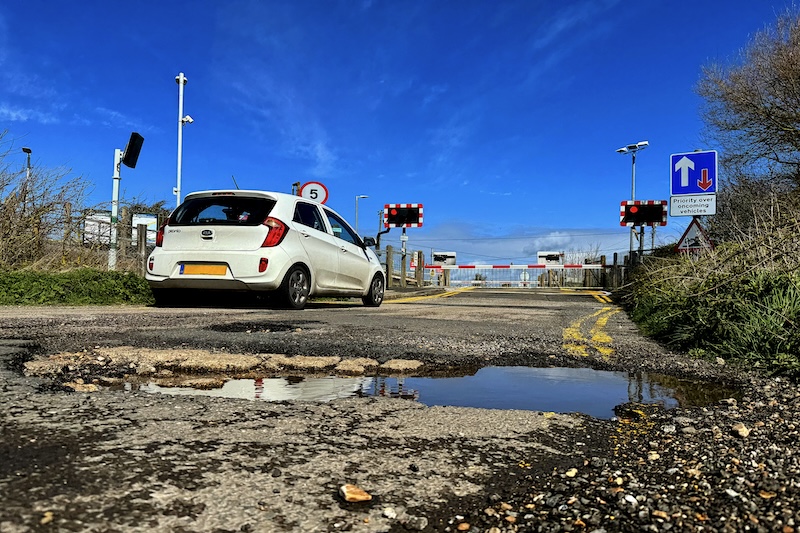How do speeding fines work?

It’s important to pay attention to new speed limits
Many drivers stray over the speed limit occasionally, some accidentally and some on purpose. A 2022 study by the UK Department for Transport found that 45% of drivers speed on motorways while 50% regularly go over the speed limit in 30pmh zones.
Why do people speed?
Drivers speed for a variety of reasons; they aren’t paying attention to speed limit changes, a lapse in concentration, or they’re in a rush to get somewhere.
The introduction of more 20mph zones in urban areas may also contribute to speeding figures. If drivers are unaware of the change in speed limit, they are likely to continue driving at the previous speed limit, most commonly 30mph.
Regardless of the reason, speeding is a very serious offence and could have dire consequences.
How much will you be fined for speeding?
Speeding fines are split into three categories: Band A, Band B and Band C.
| Speed limit (mph) | Recorded speed (mph) | ||
| Band C | Band B | Band A | |
| 20 | 41 and above | 31-40 | 21-30 |
| 30 | 51 and above | 41-50 | 31-40 |
| 40 | 66 and above | 56-65 | 41-55 |
| 50 | 76 and above | 66-75 | 51-65 |
| 60 | 91 and above | 81-90 | 61-80 |
| 70 | 101 and above | 91-100 | 71-90 |
| Points/
disqualifications |
7 to 56 days disqualification
or 6 points |
7 to 28 days disqualification
or 4 to 6 points |
3 points |
Most offences will likely fall into Band A, which will result in a Fixed Penalty Notice (FPN). If you accept the notice, you’ll be fined a minimum of £100 and receive three points on your licence unless the police offer you the option to attend a speed awareness course.
If you plead not guilty to the offence you will go to court where the fine could be increased to £1,000 if you’re found guilty, or £2,500 if you were caught speeding on a motorway.
What happens if you get caught speeding?
If you’re caught by a speed camera, you’ll receive a Notice of Intended Prosecution as well as a Section 172 notice.
You’ll have 28 days to return the Section 172 notice to the police and tell them who was driving. After that you’ll receive a FPN or a court summons depending on how you plead to the offence.
If you get caught speeding by the police, they can either send you to court or issue an FPN.
However, the police can also issue a verbal warning only, if they deem it appropriate. But, if you’re too far over the speed limit the police could charge you with ‘dangerous driving’ which means they can detain you and impound your car.
How to pay a speeding fine
The quickest way to pay a speeding fine is to use the gov.uk website and follow the onscreen instructions. You can also pay via post if you’d rather not use the online process. The details will be printed on the FPN.
If you want to know more, check out our blog on the new speed cameras being rolled out across the UK.


